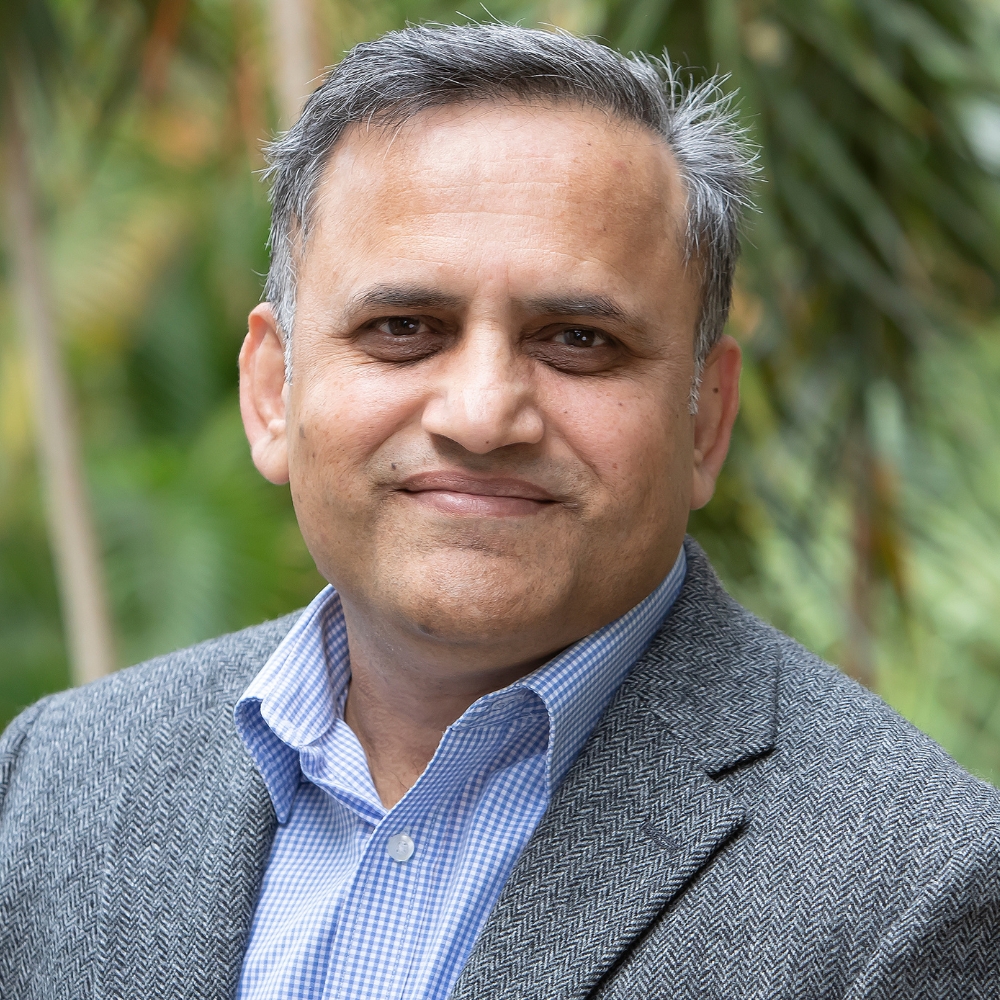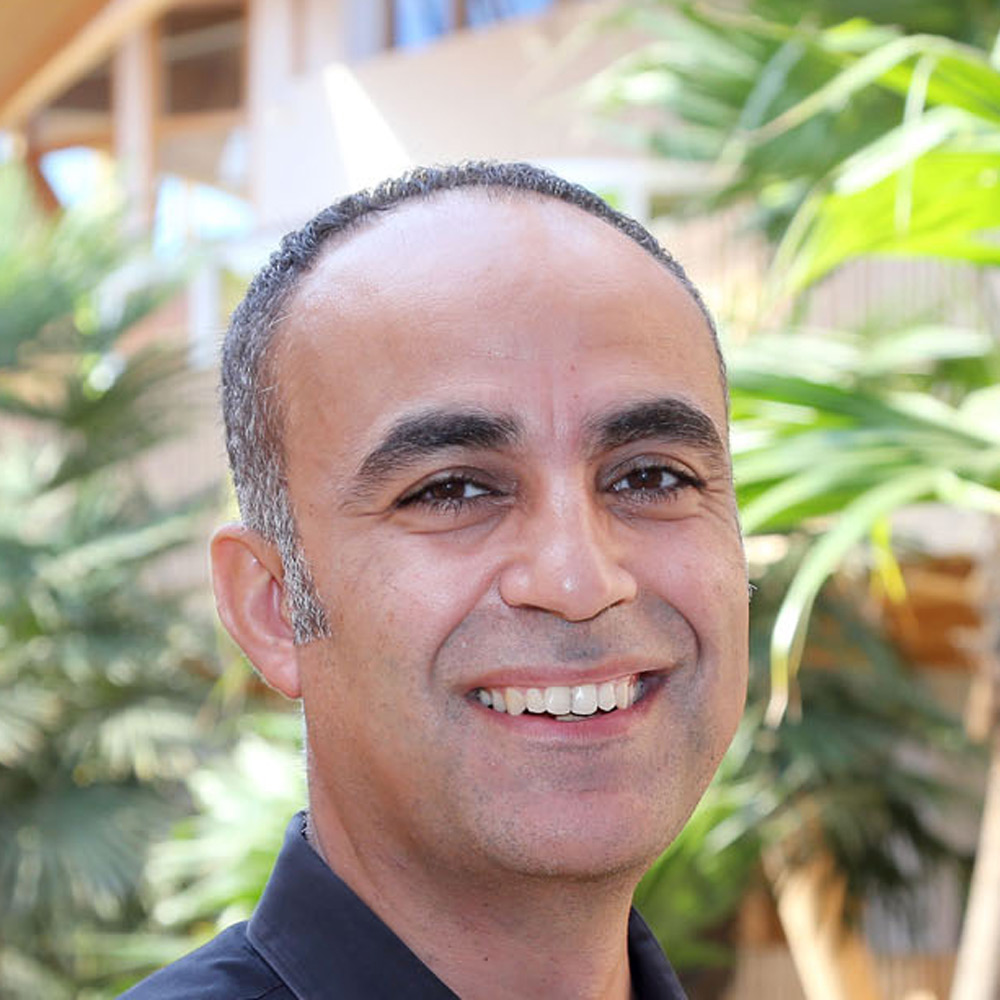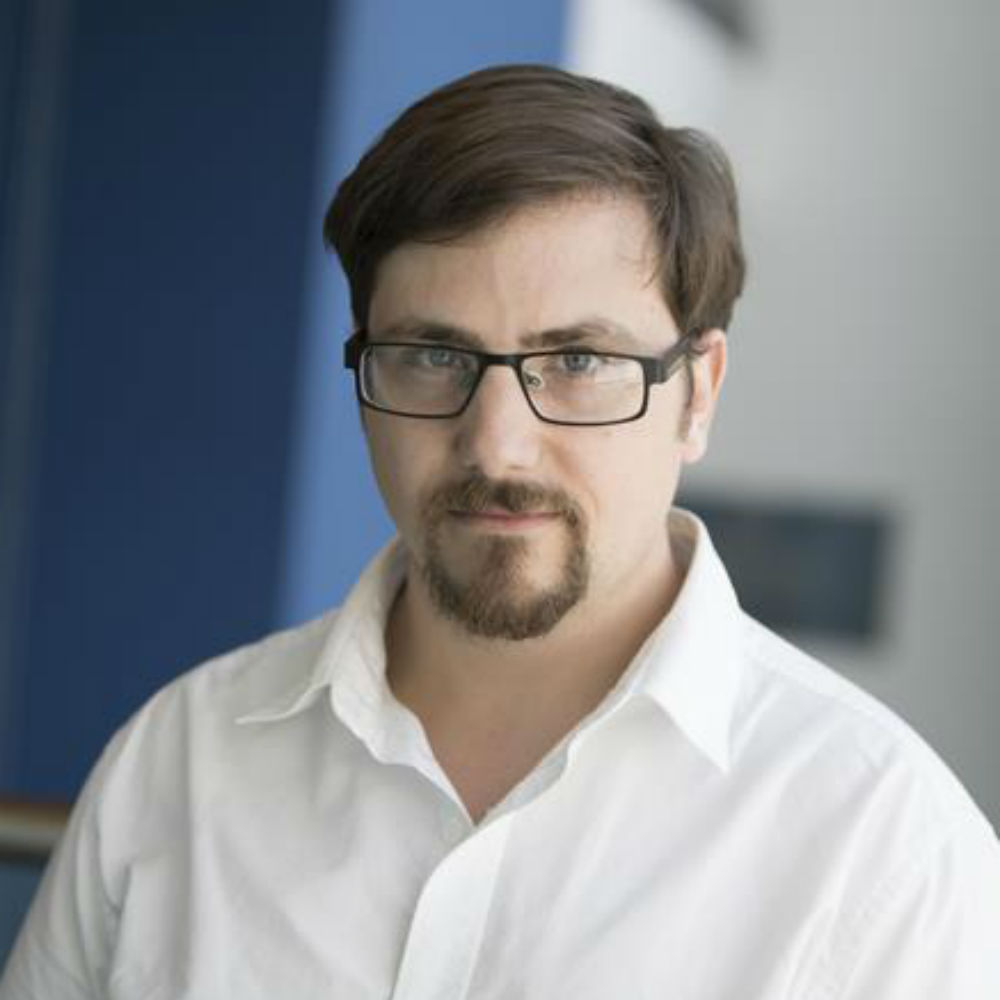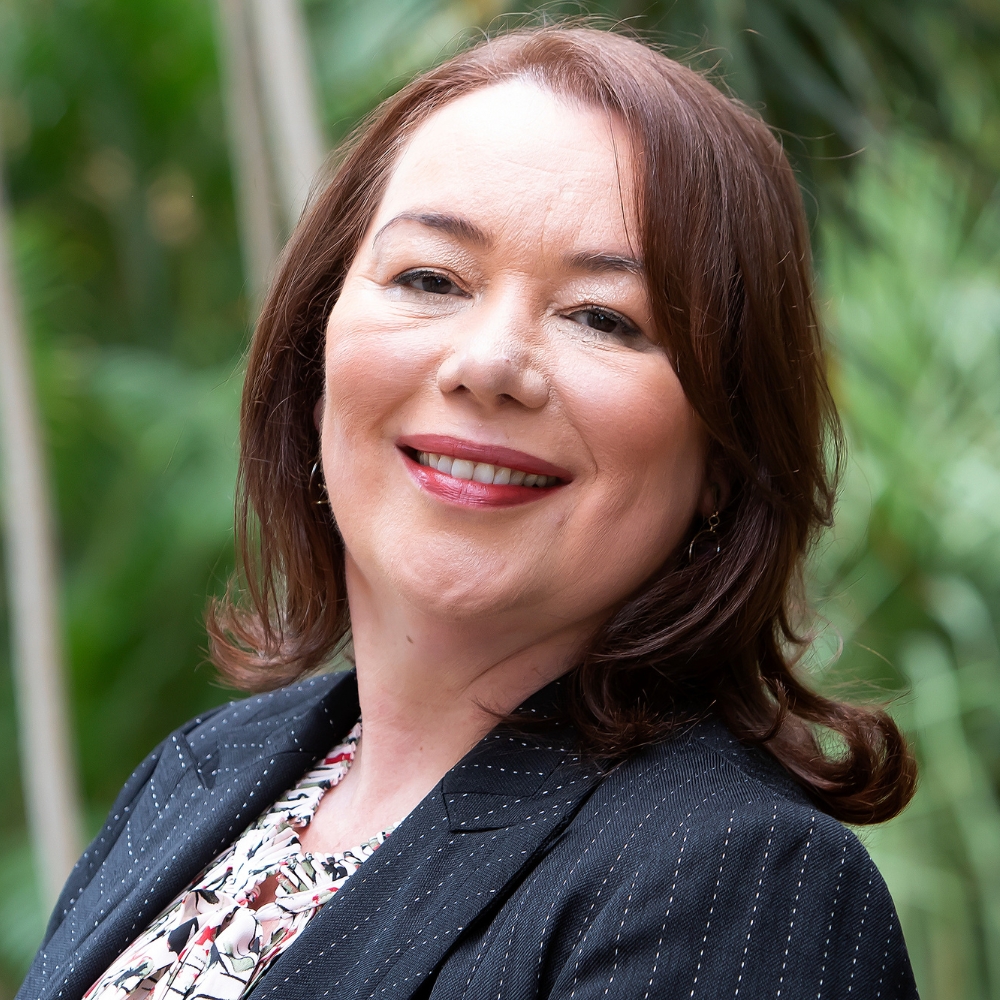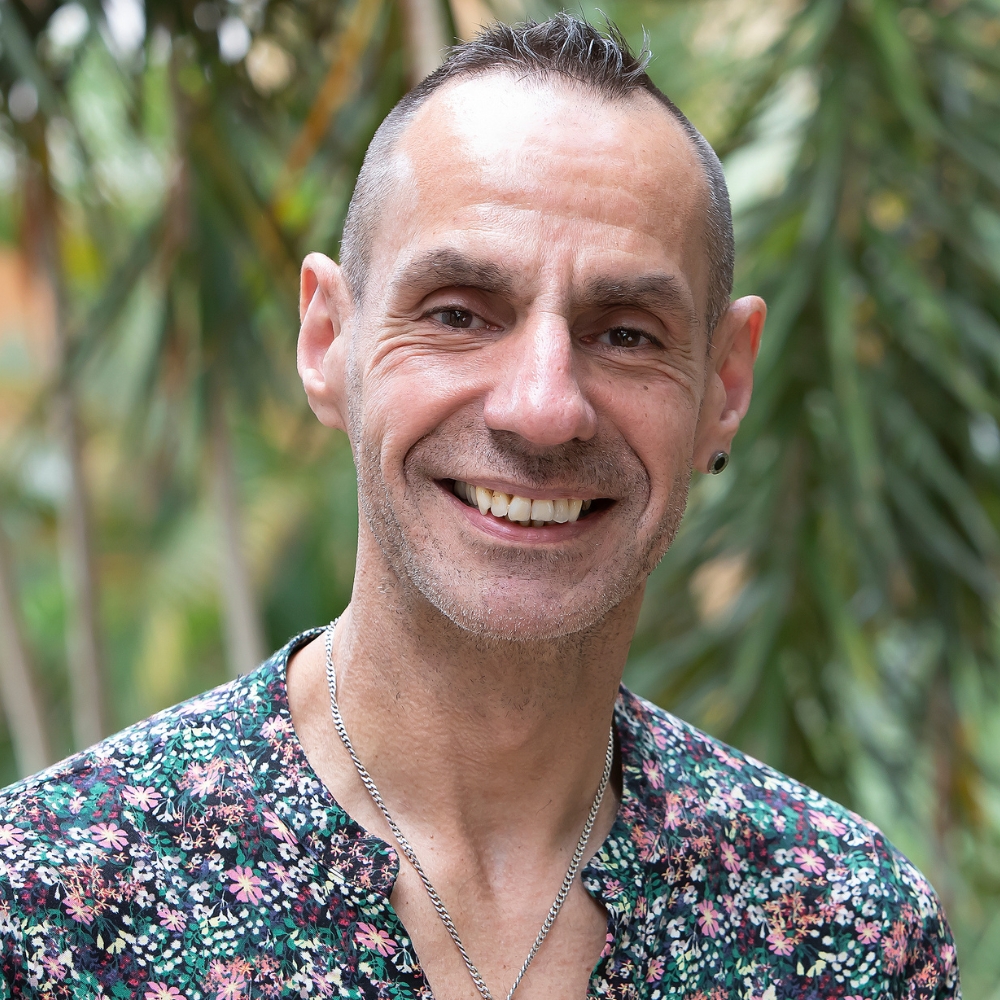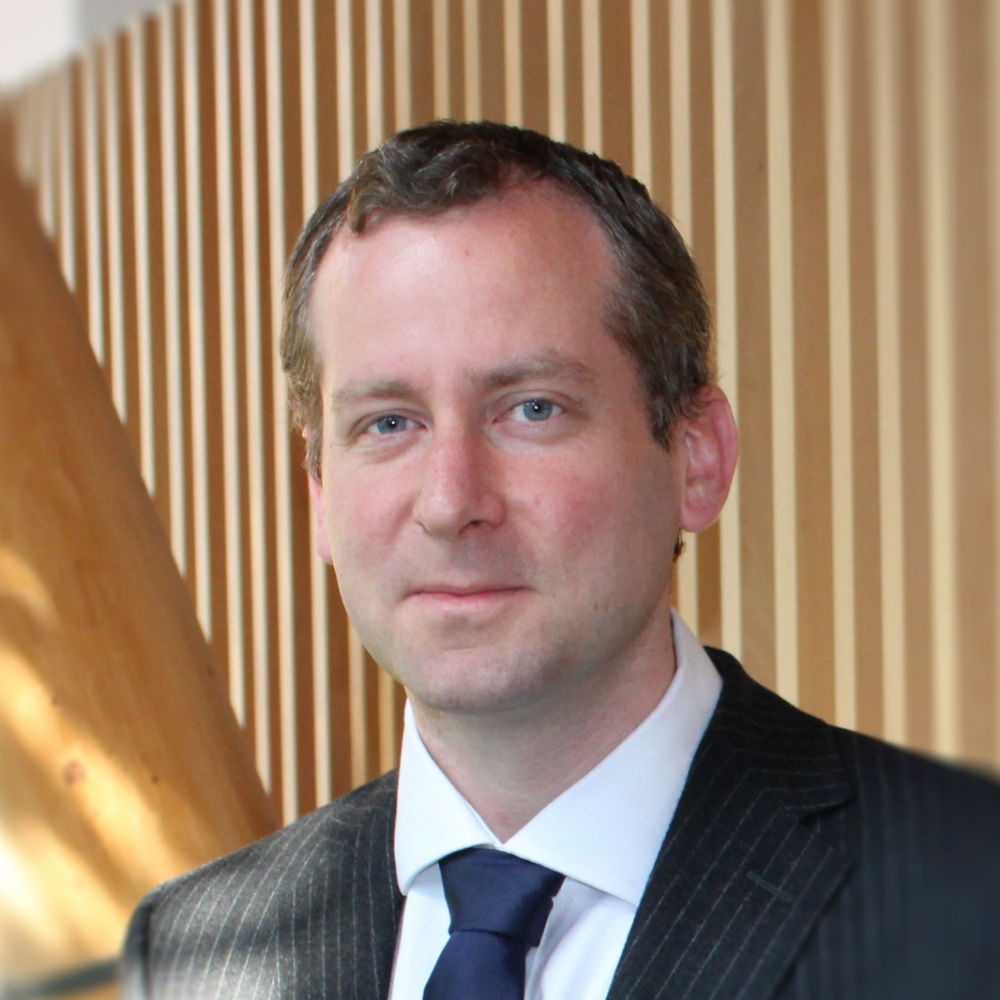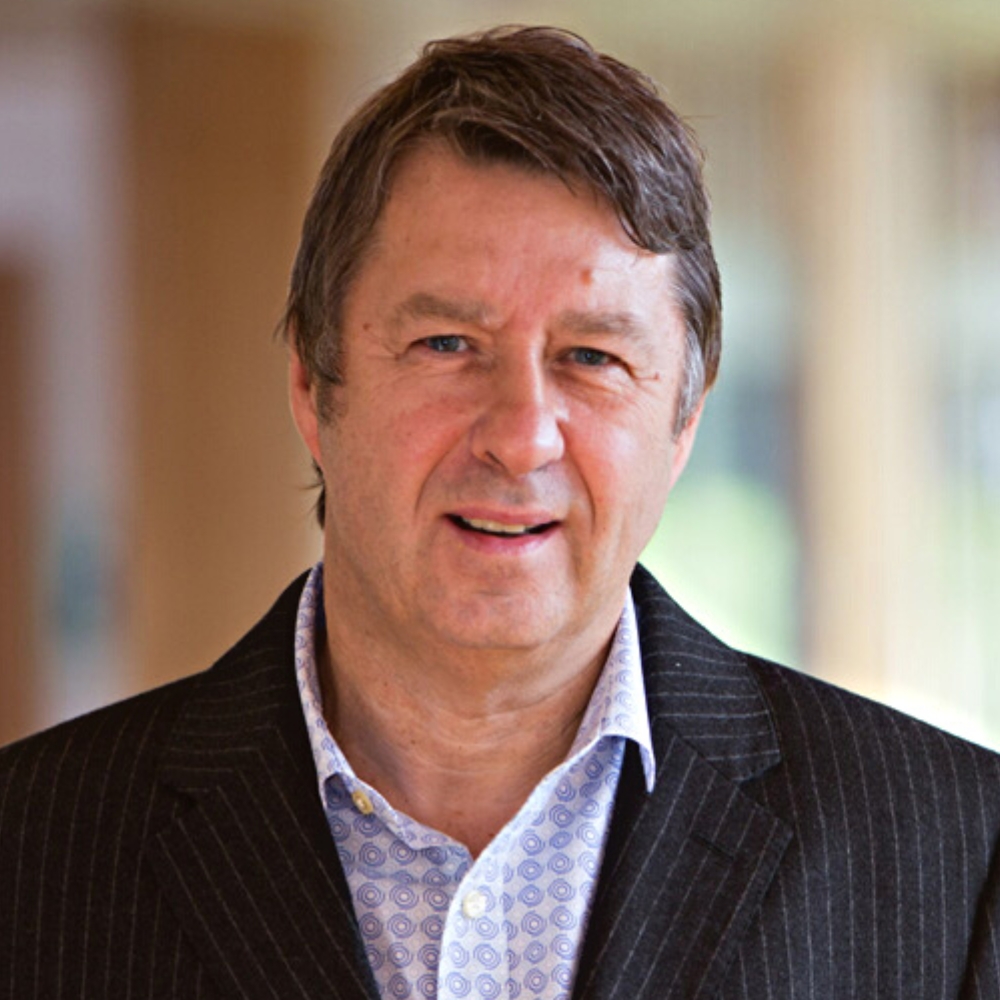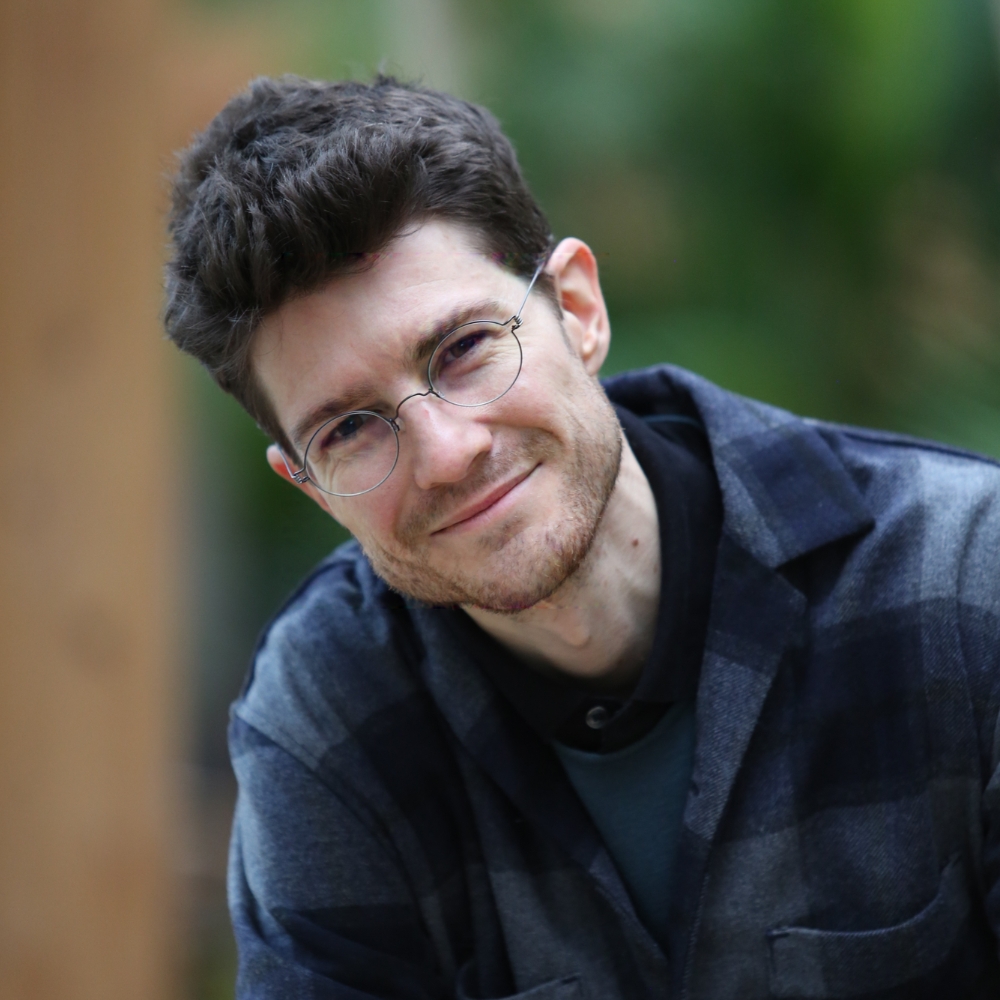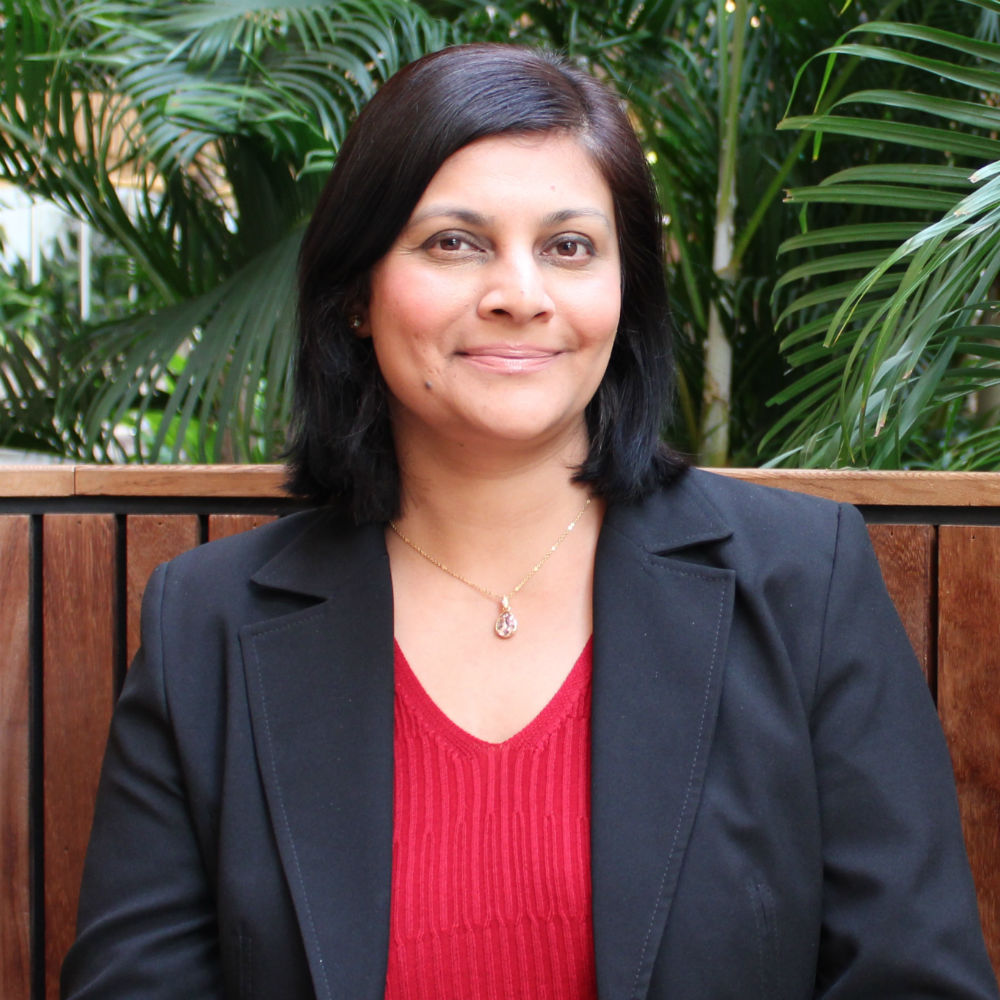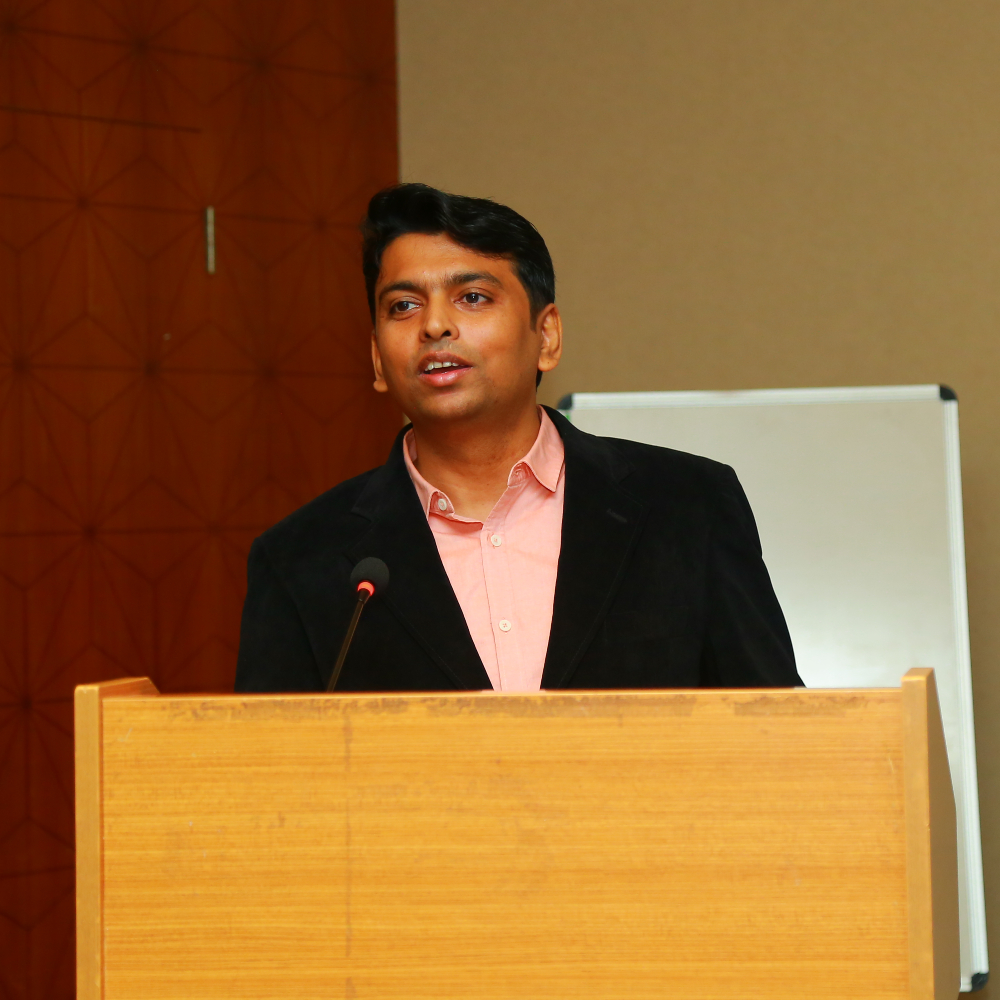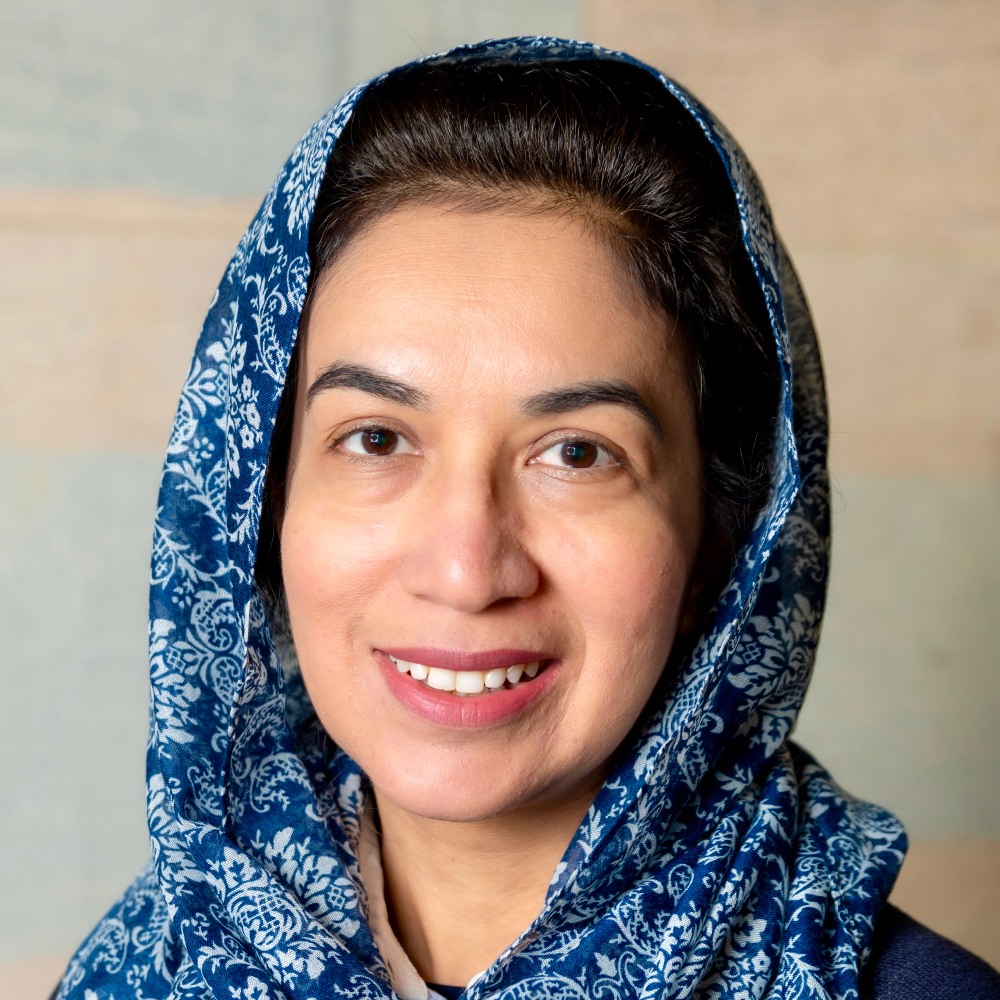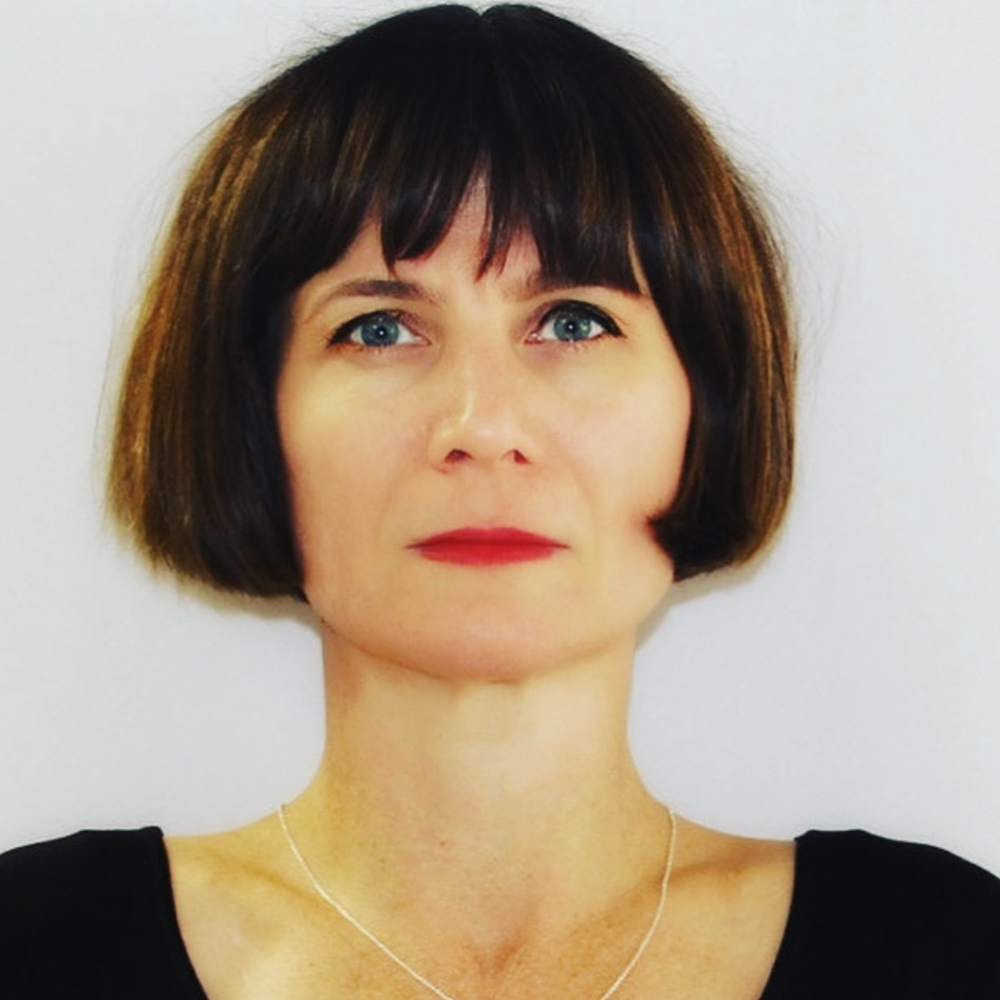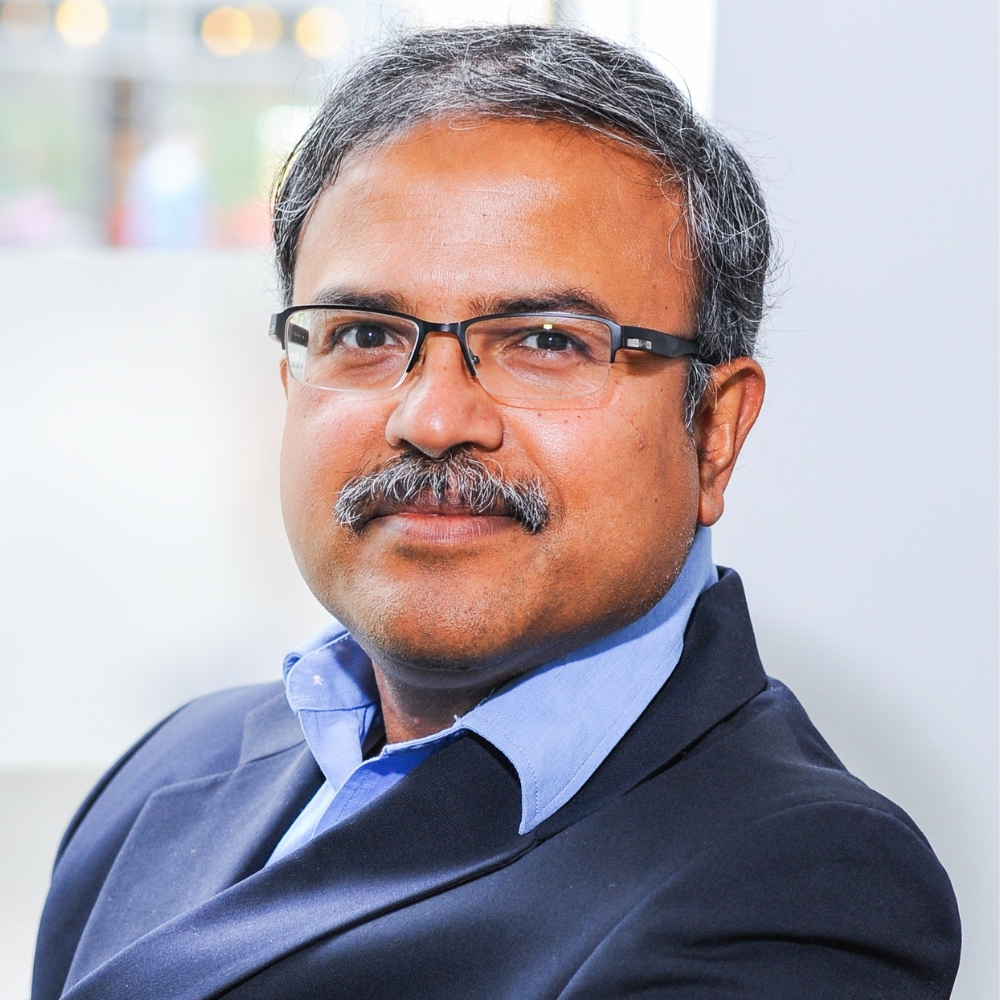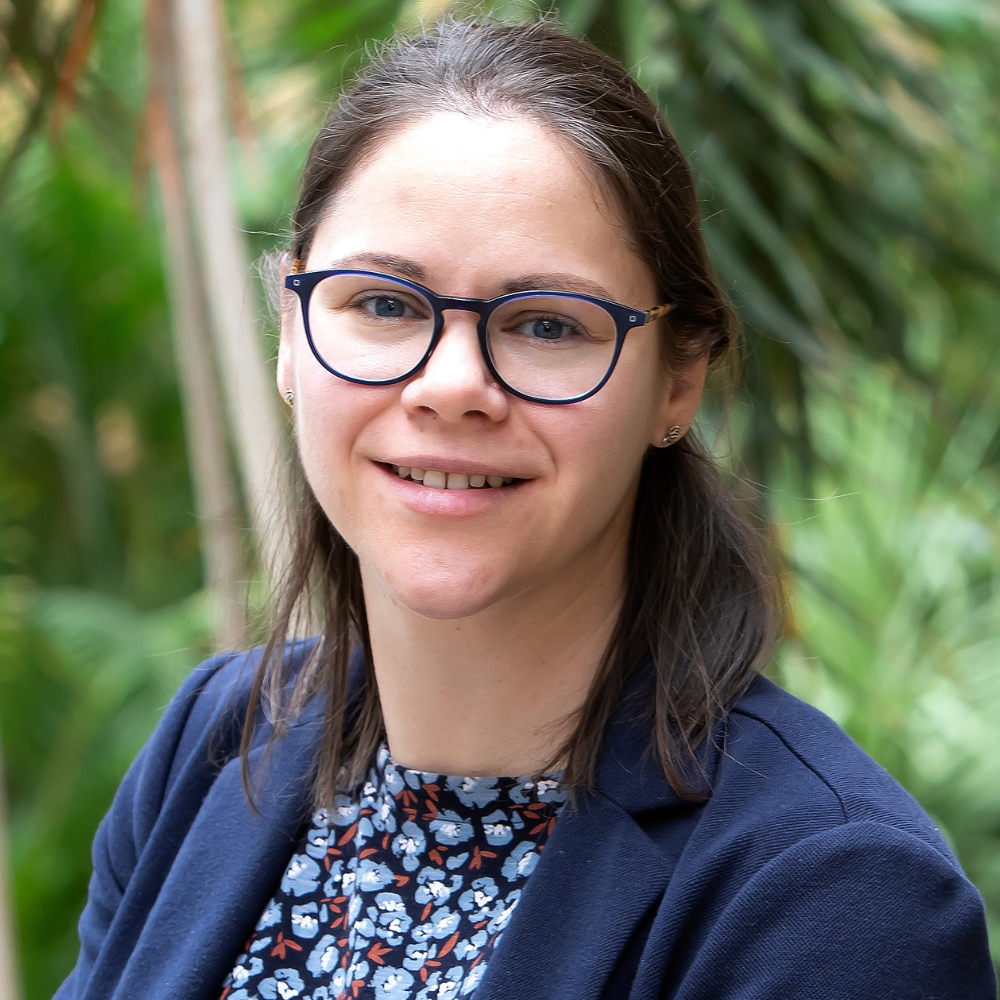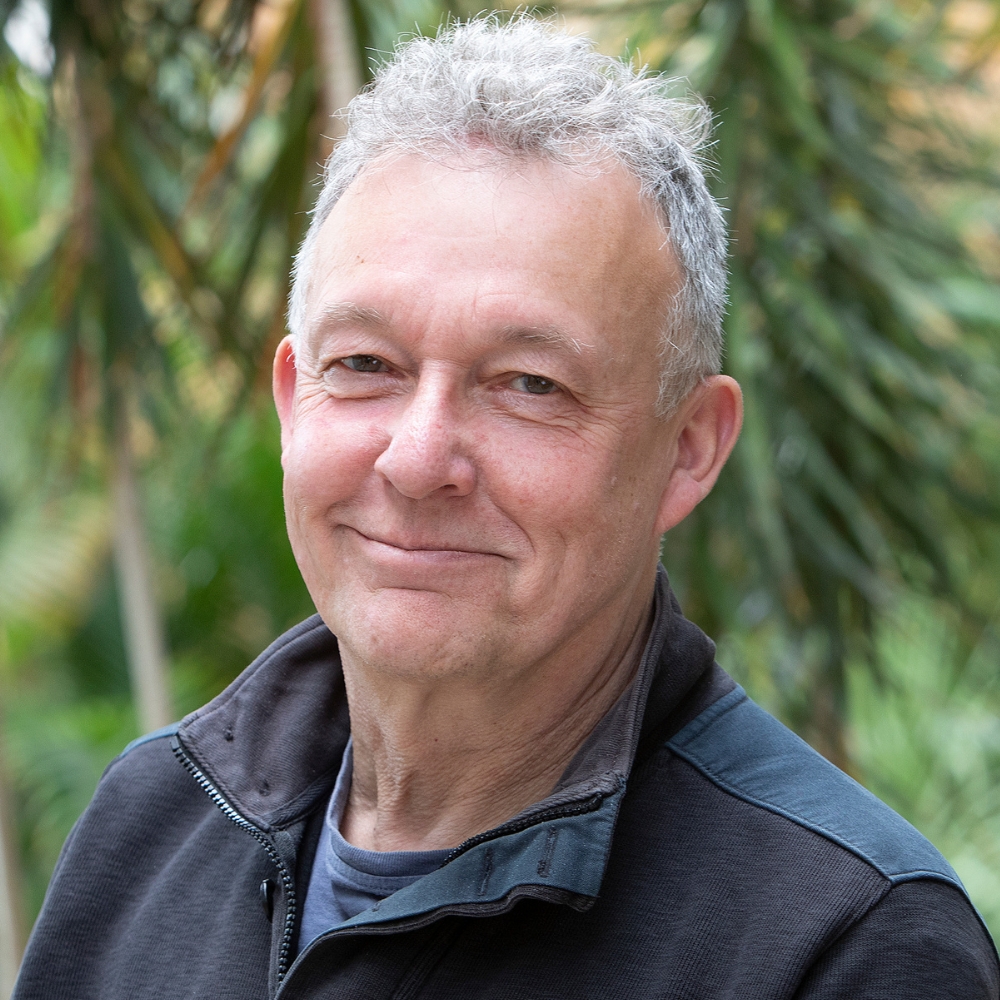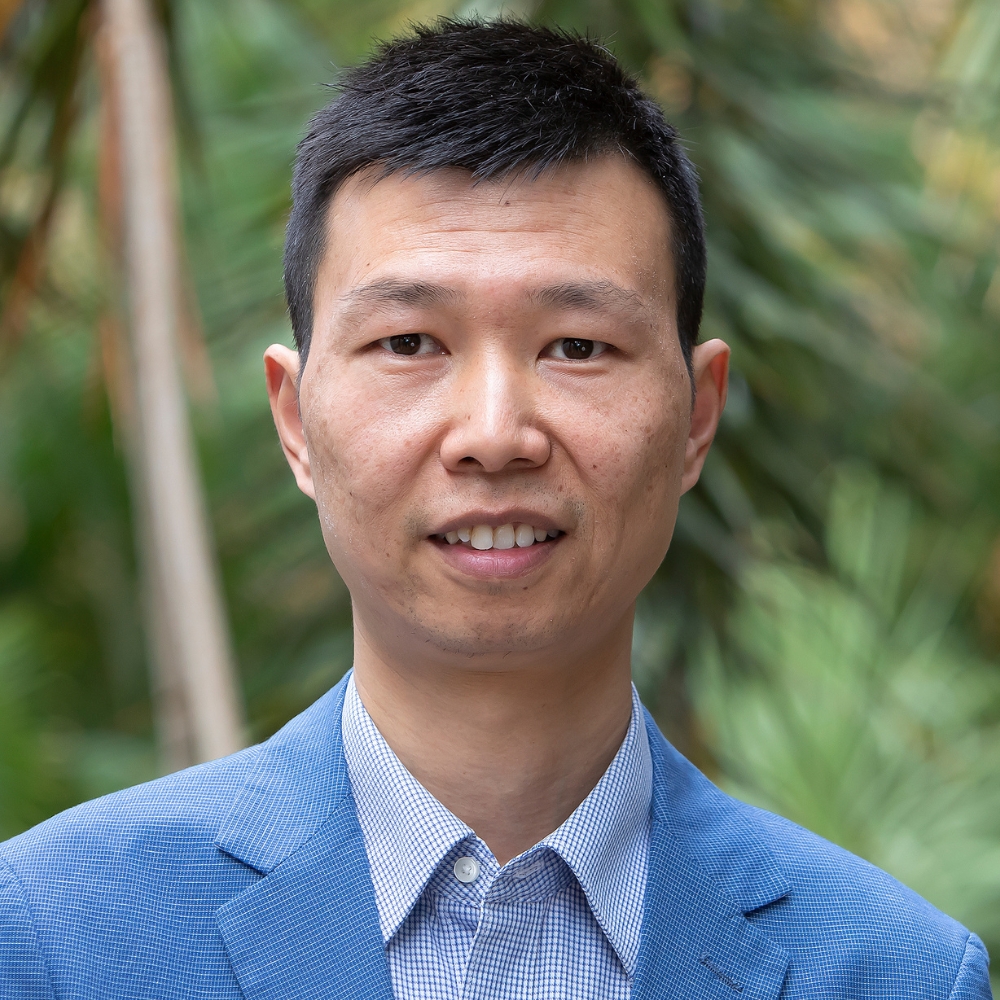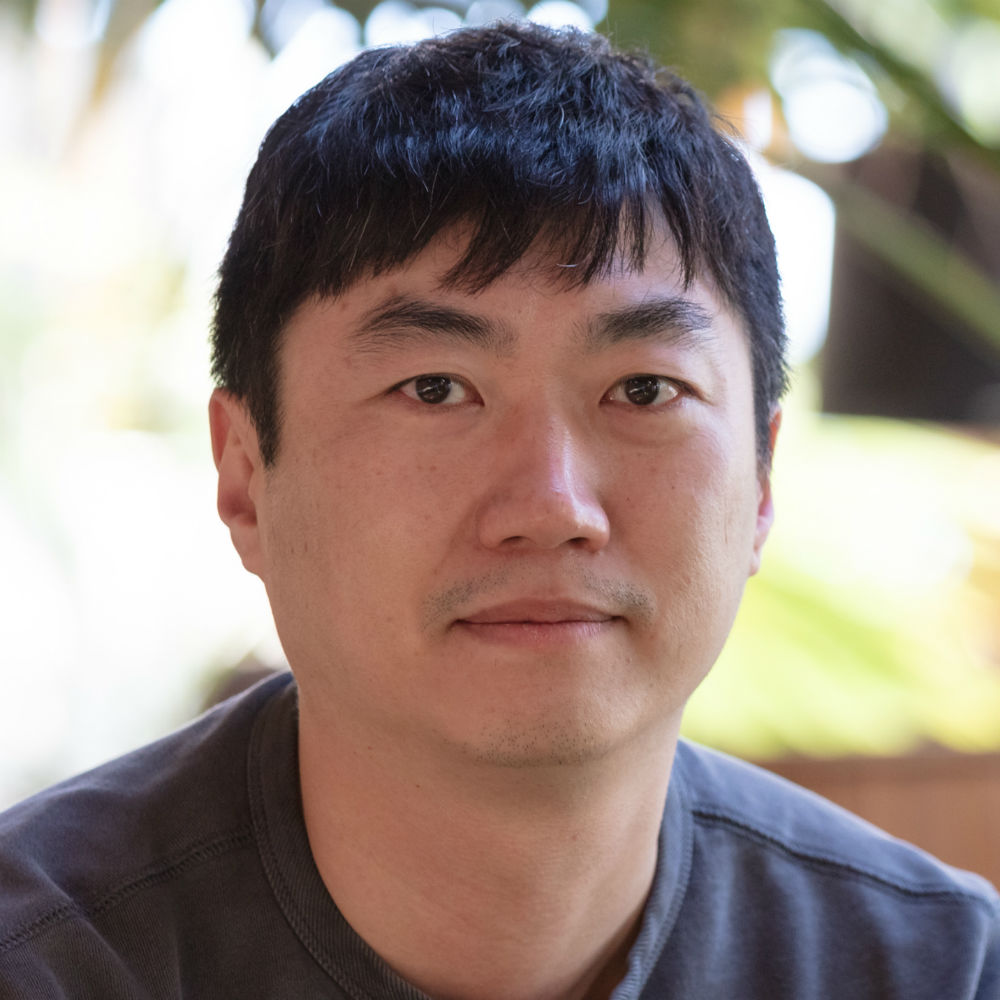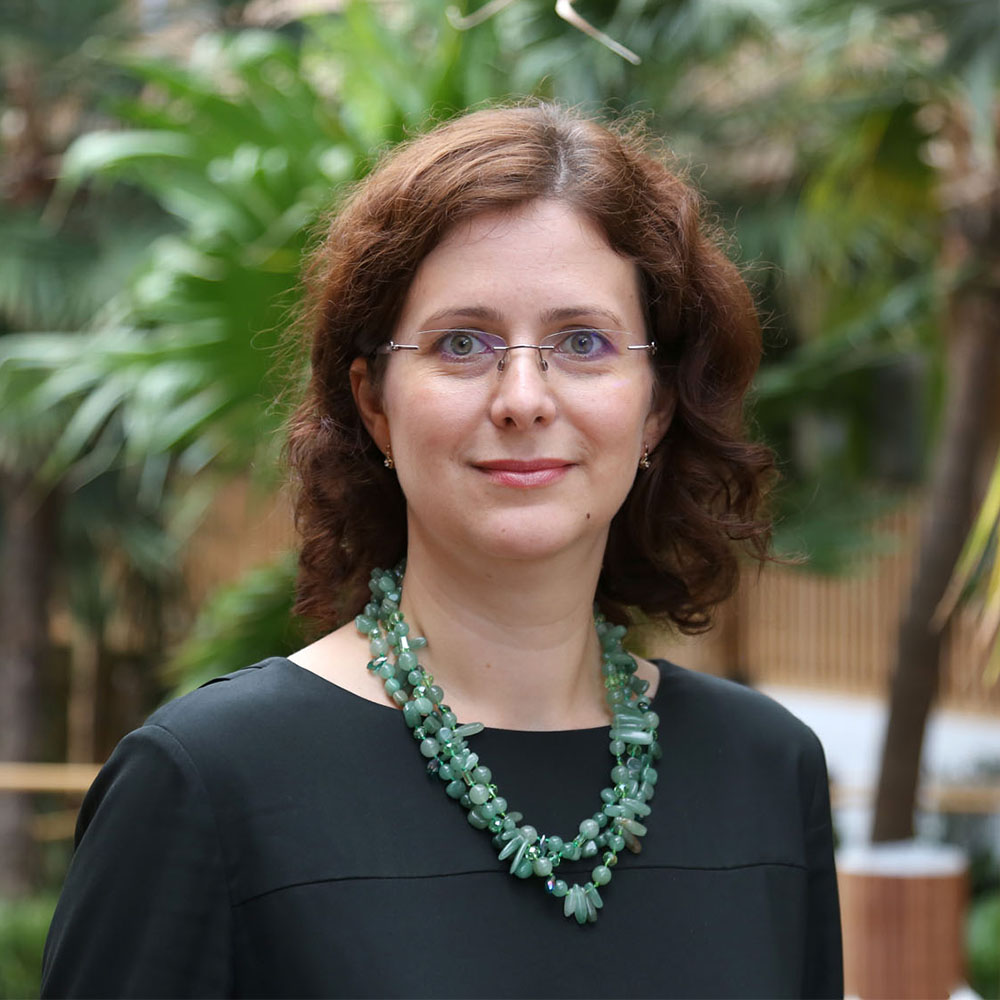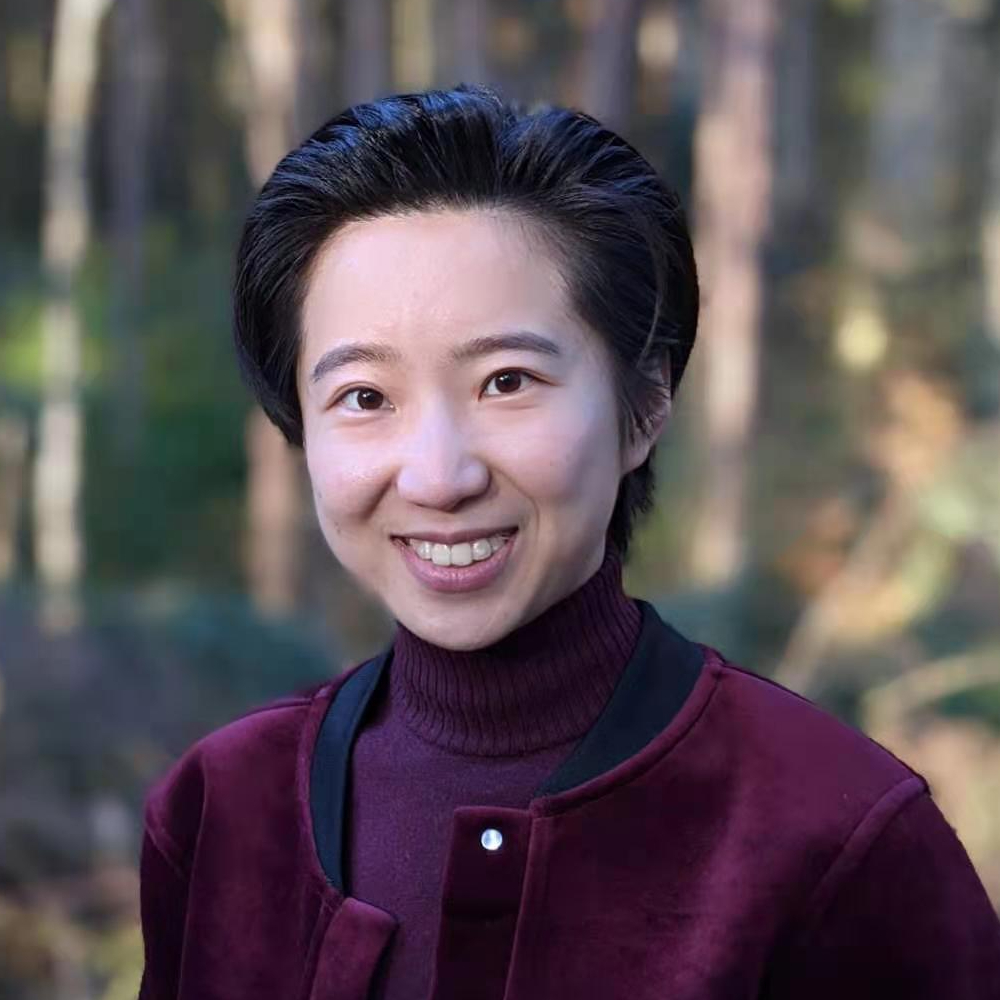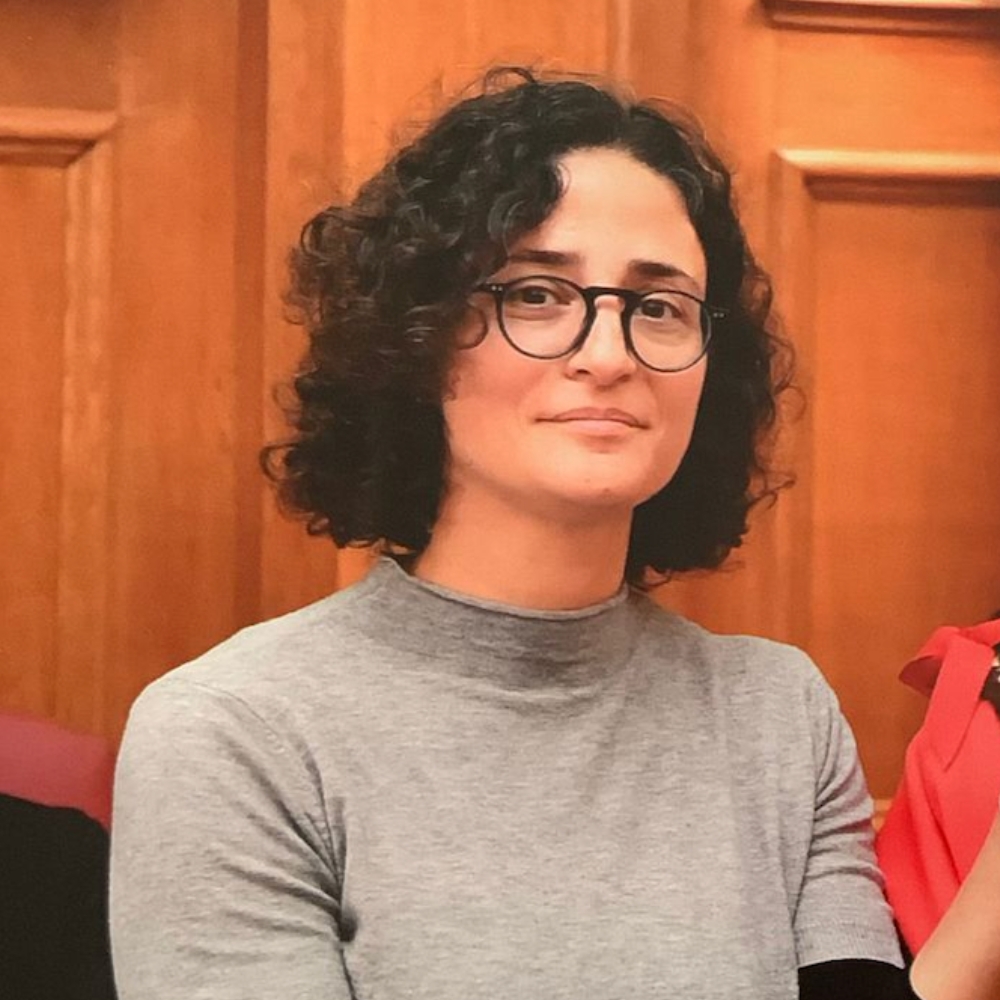Management and Marketing

We build on the foundational principles of management and marketing to redefine what future facing business can achieve.
Our research acknowledges that marketing is not just about memorable slogans; it demands a rigorous understanding of consumers, social contexts, and market evolution. Similarly, management transcends day-to-day planning and oversight, aiming instead to create forward-thinking workplace cultures that equip employees to meet tomorrow’s challenges and support wider society.
Our group is uniquely interdisciplinary, bringing together insights from the social sciences, humanities, data science, and environmental studies to tackle complex problems from multiple angles. We are internationally recognised for pioneering research and pedagogical leadership that bridges theory and practice, shaping sustainable transitions within organisations and society. Whether engaging with global policy, transforming business practices, or empowering local communities, our work has tangible impact at every level—from the classroom to the boardroom, from local initiatives to international collaborations.
Our group is also closely connected to major interdisciplinary research initiatives across the University that were founded and are led by our members. These include COVER (Commons Organising, Values, Equalities and Resilience), which explores post-capitalist transitions and alternative forms of economic, social, and political organising, and the AI Policy Observatory for the World of Work, which examines the ethical, regulatory, and societal dimensions of artificial intelligence in employment. These initiatives exemplify our Group’s leadership in advancing transformative, interdisciplinary research that confronts pressing challenges and reimagines the future of work, economy, and society.
From examining digital solutions that drive financial inclusion in emerging economies, to studying climate change and its economic impacts, our scholars confront some of today’s most urgent organisational challenges. We embrace intellectual independence, critique conventional wisdom, and promote fairer, more innovative business practices.
Below is a brief overview of our diverse research areas:
- Fostering diversity and inclusion in modern workplaces
- Assessing the transformative role of digital technology in consumer behaviour
- Investigating climate politics, environmental transition, and green economies
- Employing big data, AI, and analytics to inform decision-making
- Promoting health and wellbeing at work to enrich organisational culture
- Exploring alternative economies and new forms of work, including cooperatives, mutuals, and platform labour
- Studying the ethical regulation and socially responsible use of artificial intelligence
- Analysing the relationship between politics, organisations, and the dynamics of organising
- Exploring the historical evolution and heritage of global organisations
- Examining brand activism, anti-consumption, and the reshaping of consumer markets
- Applying decolonial and intersectional frameworks to management
- Advancing digital and platform-based economies through innovative research
In so doing, we aspire to generate insights that enable businesses and societies to prosper in a rapidly changing world.
Our research at a glance
A century of change on the London Underground
Dr James Fowler, Lecturer at Essex Business School, has recently published research into the ways that commuting on the London Underground has, or hasn’t, changed in over the past century.
By digging into the available data he has focused on understanding how the customer experience, rather than the organisation’s internal operations, has been affected by change. Analysis like this helps organisations to understand their customers and to compete against the competition.
Radical possibilities for work and society
Professor Peter Bloom critically examines how technology can redefine and transform contemporary work and society. His focus on the human dimensions of organisational life sheds light on the “dark side” of workplace empowerment and how economic marketisation may co-exist with political authoritarianism. In exploring these themes, he reveals new ways of shaping cultures for more just and participatory economic and political structures.
Professor Bloom has published widely, both in leading academic journals and in media such as the Washington Post and The New Statesman. His books include Authoritarian Capitalism in the Age of Globalization, The Ethics of Neoliberalism, and The CEO Society (co-authored with Carl Rhodes), among others.
Affective computing for the future of work
Professor Phoebe V. Moore's current research examines “affective computing” – the use of algorithms and surveillance technologies to track and interpret emotional and behavioural data in the workplace. By exploring how these systems can lead to both productivity gains and privacy concerns, her work sheds light on the significant regulatory and ethical implications of algorithmic management.
Professor Moore’s publications, including her recent report Data on our minds: affective computing at work, call for a reappraisal of corporate and policy standards to ensure employees are treated fairly as AI reshapes modern working environments.
Harnessing technology for the common good
Dr James Muldoon work investigates how new technologies—including artificial intelligence and digital platforms—can generate public value and advance the common good. In particular, Dr Muldoon’s latest research uncovers the global production networks that underpin AI development, highlighting how modern digital labour spans ridesharing, food delivery, domestic work, childcare, and beyond.
By illuminating the hidden human labour behind AI in his last book with Prof Mark Graham (Oxford Internet Institute) and Dr Callum Cant (University of Essex) he explores how we might transform notions of freedom, power, and democracy in a digital age to create more equitable, inclusive outcomes.
Understanding consumer behaviour through neuroscience
Dr Erik Jacobi leads the Consumer Neuroscience Group and innovative Neuromarketing Lab, which investigates the cognitive and emotional drivers behind consumer decision-making.
Using cutting-edge biometric and neurophysiological tools—such as eye-tracking, facial expression analysis, and brainwave monitoring—his research reveals how people respond to marketing stimuli in real-time. This work offers vital insights for developing more effective, ethical, and inclusive communication strategies in a rapidly evolving media and digital landscape.
The future of food as a vehicle for change
Dr Jordon Lazell leads work on the cultural, political, and environmental dimensions of food sustainability. In 2023 and 2021, he organised the Future of Food Symposium, a major international event that brought together academics, practitioners, community leaders, and policy experts to address the challenges of food poverty, surplus food distribution, and sustainable consumption.
The symposium positions food not only as a basic need but as a powerful medium for societal transformation, highlighting community-led solutions, rights-based approaches, and resilient alternatives to the dominant food system.
Democratic innovation and community empowerment
Dr Camila Vergara’s research explores how legal, democratic, and economic structures can be reimagined to empower marginalised communities and revive democratic life. Her work draws on constitutional theory and institutional design to propose practical mechanisms for civic engagement, anti-corruption, and democratic renewal from the ground up.
As the organiser of the Venice World Multidisciplinary Conference on Republics and Republicanism, she convenes global scholars to examine how historical and contemporary ideas can inform urgent efforts to rebuild trust, participation, and justice in political systems worldwide.
Management and Marketing

